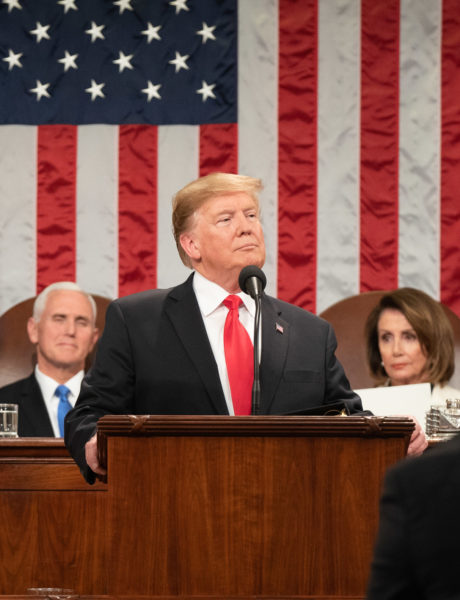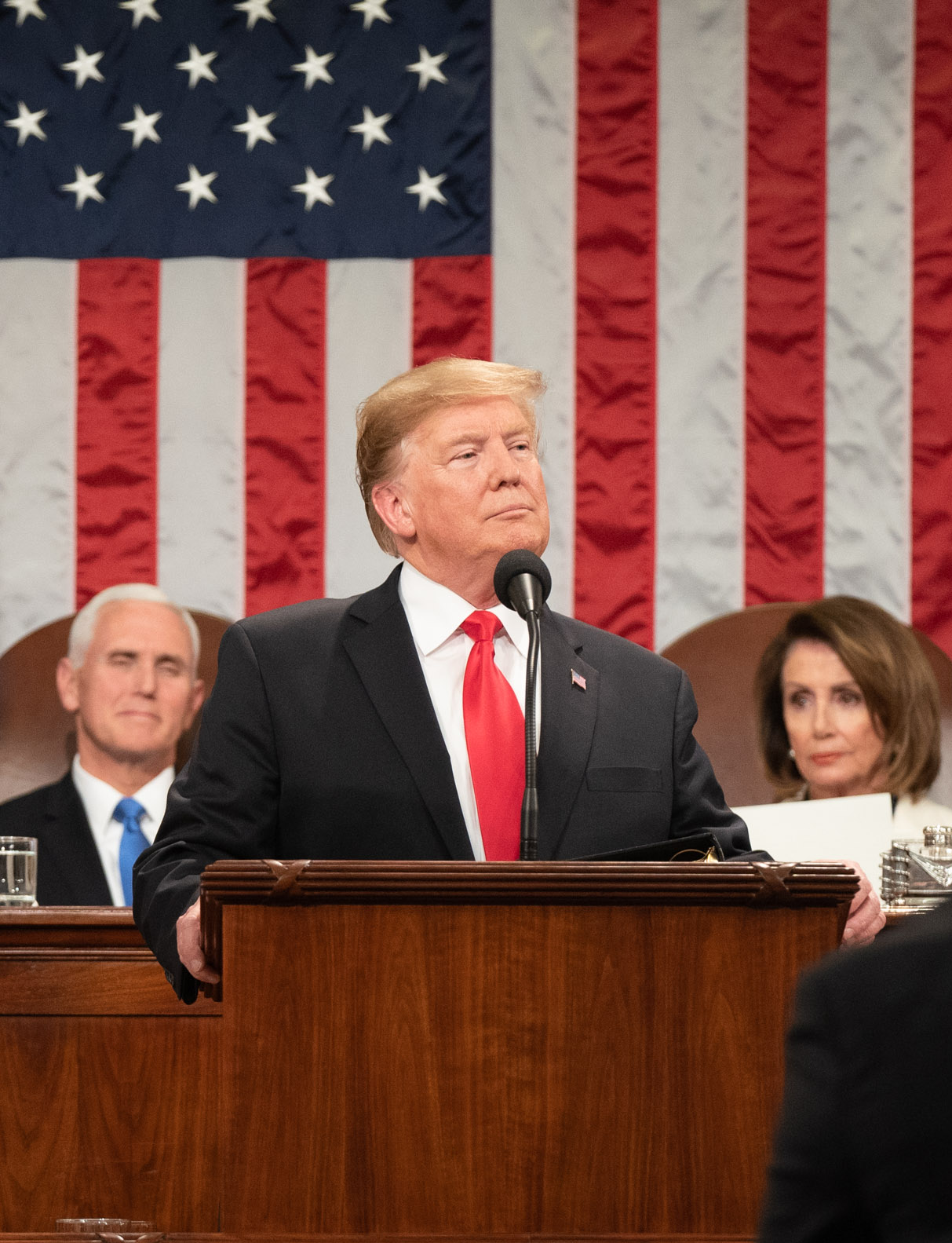President Donald Trump’s financial records can be examined by New York prosecutors, the Supreme Court has ruled on July 9.
In a related case, the court ruled that this information did not have to be shared with Congress.
Donald Trump is the first president since Richard Nixon in the 1970s not to have made his tax returns public.
The president’s lawyers had argued that he enjoyed total immunity while in office and that Congress had no valid justification to seek the records.
Two Democrat-controlled House of Representatives committees and New York District Attorney Cyrus Vance – also a Democrat – had demanded several years’ worth of President Trump’s taxes in order to determine whether current conflict-of-interest laws on a US president were tough enough.
President Trump, a Republican, denies wrongdoing and has called the investigation into his tax affairs a “witch hunt”.
He wrote in a series of tweets following the court rulings: “The Supreme Court sends case back to Lower Court, arguments to continue. This is all a political prosecution.”

Donald Trump Praised as “Genius” If He Paid No Federal Income Taxes
President Trump to Make Florida His Permanent Residence
Donald Trump Tax Returns Leaked: Billionaire Declared $916M Loss in 1995
In the case regarding the request from the New York prosecutors, the Supreme Court ruled by a majority of seven to two that President Trump did not have absolute immunity from criminal investigation.
“Two hundred years ago, a great jurist of our Court established that no citizen, not even the President, is categorically above the common duty to produce evidence when called upon in a criminal proceeding,” the court said.
“We reaffirm that principle today.”
However, the two cases regarding Congressional committees were closely watched, as they could have had implications on how far US lawmakers could scrutinize the activities of a sitting president.
The Supreme Court ruled that Congress had significant, but not limitless, power to request the president’s personal information. In this case, the court returned the case to the lower courts.
Two of the cases centered on the ability of the House intelligence, oversight and financial services committees to compel Deutsche Bank and Mazars USA, President Trump’s long-time accounting firm, to turn over his tax and financial documents. The committees argued that they needed this information to determine whether current conflict-of-interest laws on a US president were sufficiently rigorous.
The case of Trump v Vance was based on Manhattan District Attorney Cyrus Vance’s criminal subpoena – an order to hand over evidence.
Cyrus Vance argued Donald Trump’s documents were needed to determine if financial records had been doctored to cover up hush-money payments to two women in 2016 who say they had affairs with President Trump.
Following the ruling Cyrus Vance said the investigation into President Trump’s financial affairs would resume.
It is not clear whether this will happen. Even if President Trump’s financial records are turned over to prosecutors, they may remain hidden from public view until charges are filed.
